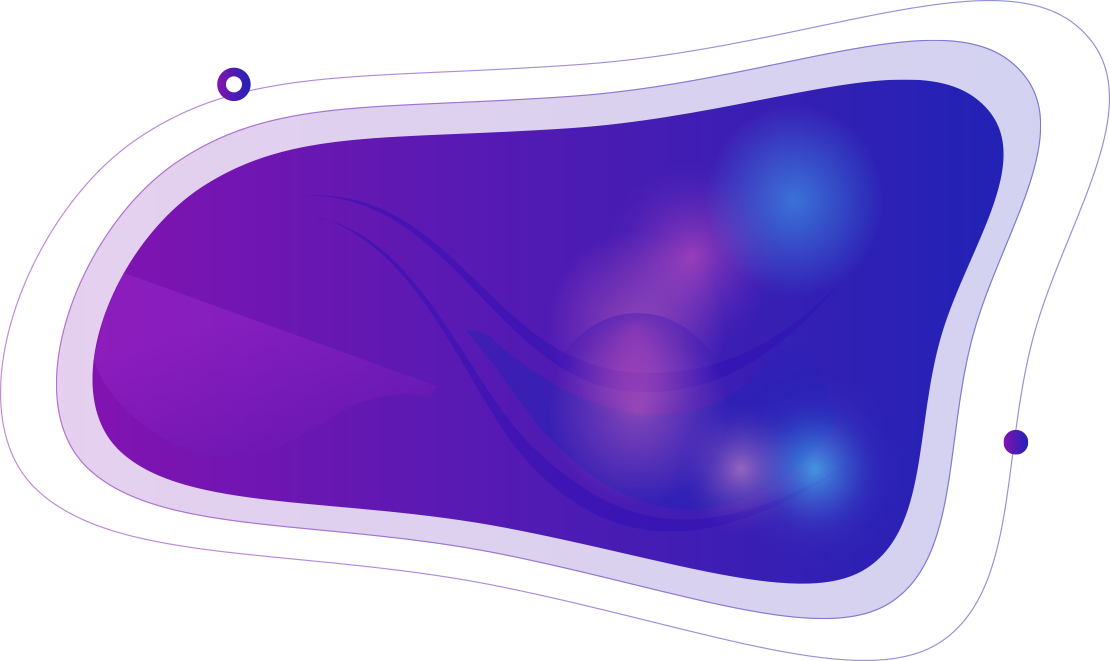Solving for angles in an inscribed quadrilateral
The angles of the quadrilateral ABCD can be found by using the formulas for inscribed angles in a circle. First, let's label the angles: angle CBD = 48°, angle ACD = 34°, angle BDC = 64°, angle ABC = x, and angle BAC = y.
Since BD is a tangent to the circle, angles BDC and BAC are supplementary, meaning their sum is 180°. So, we can set up the equation: 64 + y = 180. Solving for y, we get y = 116°.
Since angle ACD and angle ABC intersect at point C, the sum of these two angles must also be 180°. So, we can set up another equation: 34 + x = 180. Solving for x, we get x = 146°.
Finally, we know that angles BDC and ABC are also supplementary, so their sum is 180°. Setting up the equation 64 + 146 = 180, we can see that both angles are already known. Therefore, the angles of the quadrilateral are: angle ABC = 146°, angle BCD = 64°, angle CDA = 34°, and angle DAB = 116°.
Explanation: Inscribed angles are formed by two chords or one chord and a tangent that intersect within a circle. In this case, the quadrilateral ABCD is inscribed in a circle, so we can use the properties of inscribed angles to find the missing angles. By setting up equations using the supplementary property, we can solve for the unknown angles. However, note that this method only works for convex quadrilaterals that are inscribed in a circle.


